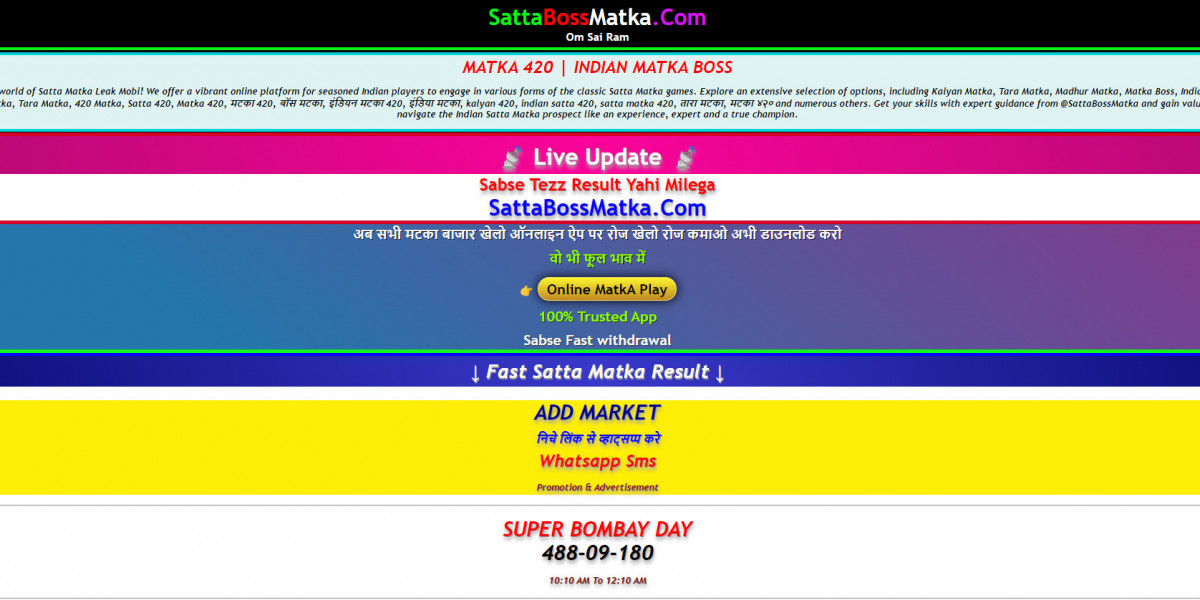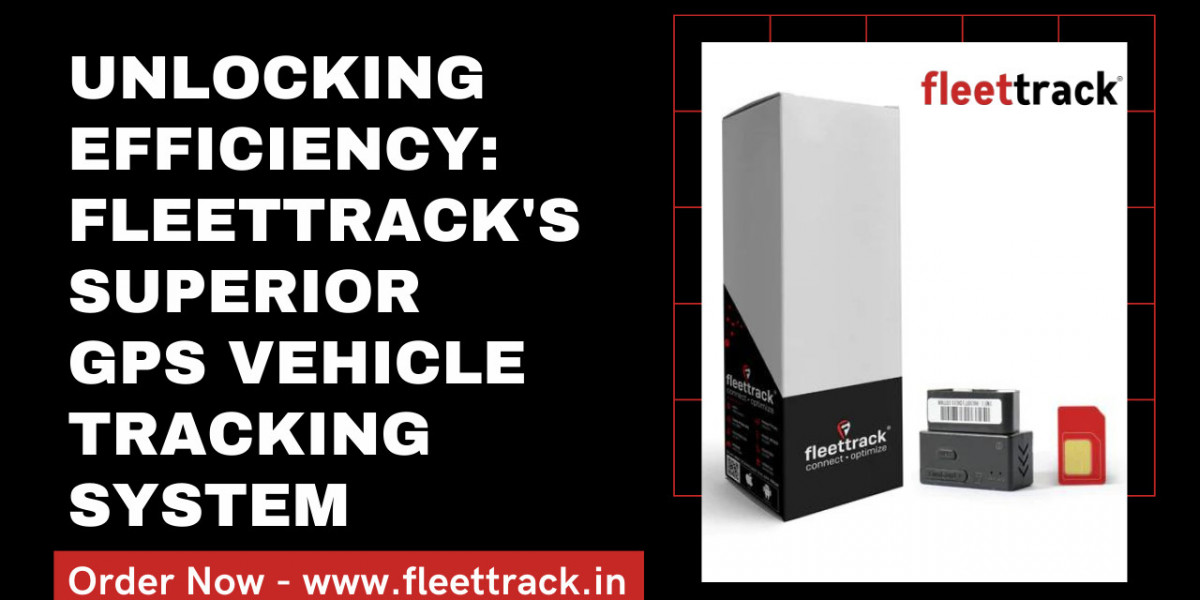Starting a fuel trading company in Dubai involves several steps and considerations due to the regulations and competition in the energy sector. Here's a guide to help you get started:
Market Research: Conduct thorough market research to understand the demand for fuel products in Dubai. Analyze the competitive landscape, pricing trends, and regulatory requirements.
Business Plan: Develop a comprehensive business plan outlining your business goals, target market, products (e.g., gasoline, diesel, aviation fuel), pricing strategy, distribution channels, and financial projections.
Legal Requirements: Register your fuel trading company with the relevant authorities in Dubai. Obtain necessary licenses and permits, including a trade license from the Department of Economic Development (DED) and approvals from entities like the Dubai Electricity and Water Authority (DEWA) and the Dubai Civil Defense.
Partnerships and Suppliers: Establish relationships with reputable fuel suppliers and distributors. Negotiate favorable terms and ensure compliance with quality standards and regulatory requirements.
Storage and Infrastructure: Secure adequate storage facilities for storing fuel products. Ensure compliance with safety regulations and environmental standards. Consider factors such as proximity to transportation hubs and accessibility.
Transportation and Logistics: Arrange for efficient transportation and logistics to distribute fuel products to customers across Dubai. Consider factors such as fleet management, fuel transportation regulations, and route optimization.
Risk Management: Develop robust risk management strategies to mitigate potential risks associated with fuel trading, such as price fluctuations, supply chain disruptions, and regulatory changes.
Quality Assurance: Implement strict quality control measures to ensure the quality and safety of fuel products. Adhere to international standards and regulations governing fuel quality and specifications.
Customer Acquisition and Retention: Build strong relationships with customers, including businesses, industries, and government entities that rely on fuel products. Provide reliable supply, competitive pricing, and excellent customer service to attract and retain customers.
Financial Management: Manage your finances prudently, including budgeting, cash flow management, and risk assessment. Monitor market trends and adjust your pricing and procurement strategies accordingly.
Compliance and Regulatory Affairs: Stay updated on regulatory changes and compliance requirements related to fuel trading in Dubai. Ensure adherence to licensing, taxation, environmental, and safety regulations.
Market Expansion and Diversification: Explore opportunities for market expansion and diversification, such as offering related products or expanding into adjacent markets.
Starting a fuel trading company in Dubai requires careful planning, compliance with regulations, and effective management of various operational aspects. By following these steps and considerations, you can establish a successful and sustainable business in the competitive energy sector of Dubai.








